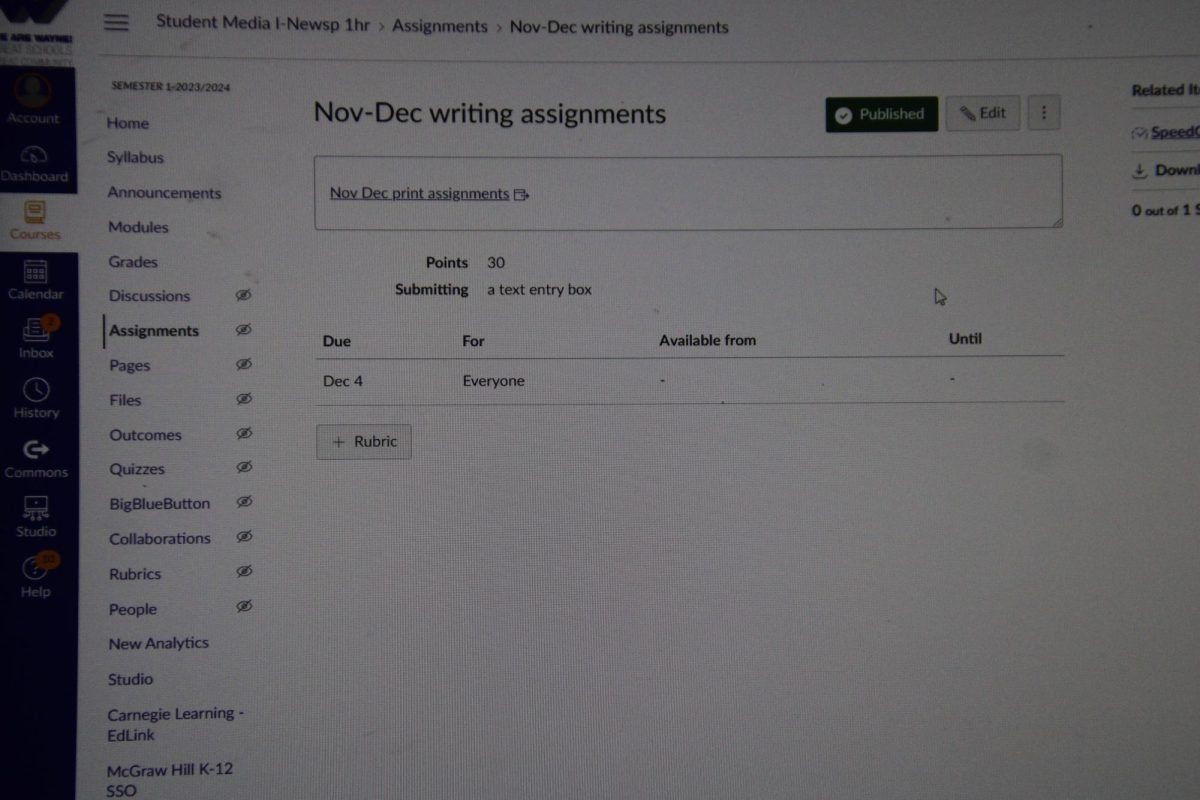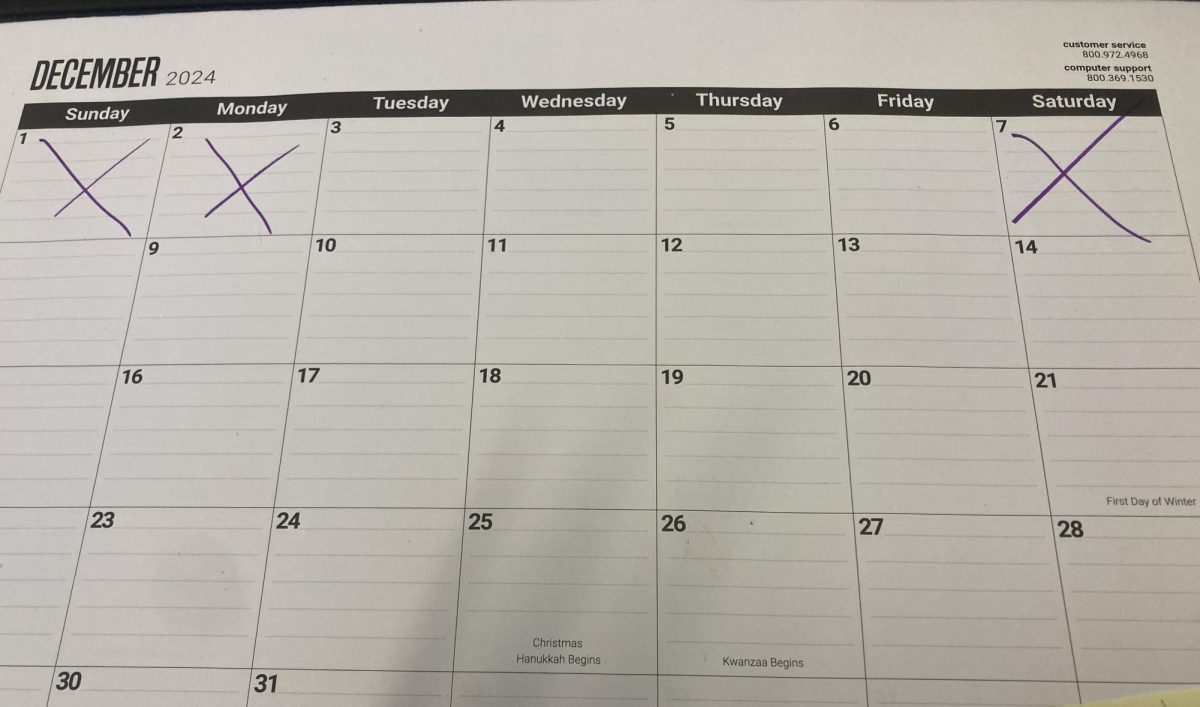The grading system makes people feel a lot of different ways. There are multiple different questions and concerns when it comes to the Education System, but one of the most important questions is: Is this grading system benefiting kids and is this system working?
Getting the answer to this question does not only take facts and data, it takes real opinions. There are two different sides of the feeling towards the grading system and its success for Ben Davis. The negative side is the feeling that the system has failed kids and isn’t helping kids and the positive opinion and outlook is that the system is good and is actually giving an advantage to kids nowadays.
While students may voice complaints about the current system, most can’t articulate the specifics of their concerns,
Adonis Dix is a dean assistant who attended high school here so has seen how grading works both as a student and Wayne Township employee. He doesn’t see why students think negatively toward grading.
“I’m not too sure why, or don’t understand why they would be upset because with the old system, more people would struggle with it,” said Dix, referring to the 50% floor not given students as compared to the 0 given when he was a student.
Administrators and teachers seem to not understand why kids feel like the grading system is a problem because they feel like it’s so much easier than it used to, but they understand and recognize that the grading system always needs to be discussed.
Dean assistant Keith Suggs also attended school here and has seen both sides of the issue just like Dix. Suggs, however, thinks the system needs to be tweaked.
“Absolutely, they should put it as it was because the way we’re going right now is just detrimental to society,” Suggs said. “I think the ball should be where the ball should be and it shouldn’t get lower just cause some people can’t reach it, they need to push themselves more.”
While Ben Davis has adhered to the 50% floor for three years now, some still see that as giving students free points. Principal Sandra Squire explains the math behind the 50% floor.
Squire explained that now that we have an electric grading system it only allows certain things for the grading system. The grading system needs a 10- point gap for each grade for it to balance, which is why 50 is failing (F) now. She explained how although the grading system has a few flaws that it’s still a well-working system.
“It says we’re graduating the majority of our students with multiple different honors,” Squire said of a system that helps with an almost 90% graduation rate.
Squire said the change to 50% was “inevitable” and she feels plenty of input was gathered before the system changed.
Some students still feel the grading system needs work.
“I don’t feel like the education system is doing the best for us because they don’t know what kids are going through nowadays and I feel like they’re stuck in the past,” sophomore Souleyman China said.
China feels like students aren’t given a full chance to learn. Students feel different ways about the grading and education system. Some feel as if there is no care in the system about their mental or any type of state they’re in and it’s all about work.
Grades can sometimes deflect on a student’s mental state; meaning a grade does not always reflect on how hard one works in class. Another reason is feeling like they’re getting impossible tasks to do or even feeling like they aren’t being taught right, which then reflects on their grades.
As students, the job is to work hard and get good grades.
This is a complicated subject to have an opinion on because it’s such a complicated and detailed system. No one knows the perfect solution.
Even though the system isn’t doing the best for kids, it doesn’t seem like they are not trying. The Indiana Department of Education wants to change multiple things in the system such as:
Diploma Requirements- Making high school diploma requirements more flexible and relevant to students, employers, and communities
High- Quality Work- Based Learning- Improving access to high- quality work- based learning opportunities
Credentials of Value- Increasing access to high- value post secondary credentials before high school graduations, as well as the number of students earning the credentials
Squire also stresses that teachers discuss grading practices all the time and that there is enough professional development about grading.
“We are always looking for ways to make our grading system better,” Squire said. “We are very open about that.
Counselor Susan Williams had a very good response towards the topic of improvement.
“I think we’re always looking for ways to be fair and equitable in our grading system and I think that teachers are always looking for ways to have the highest integrity when it comes to grading,” Williams said. “I think the system is flawed, but our staff is constantly looking for ways to better the system.”








